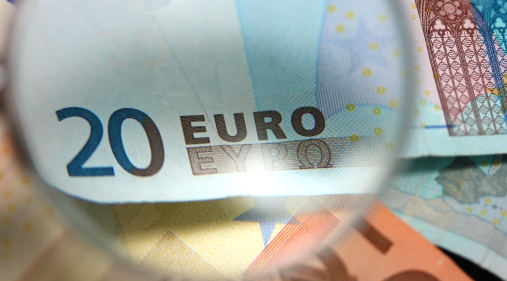How will Europe restore growth and employment?
Participants: Rolf Golombek, Andreas Moxnes, Knut Røed and Karen Helene Ulltveit-Moe
Emerging markets challenge Europe’s competitiveness in manufacturing. Almost none of the world’s recent entrepreneurial success stories have taken place in Europe.
Labor migration, structural change and firm response
Participants: Bernt Bratsberg, Chrisitan Dustman, Jon Erik Dølvik, Andreas Moxnes, Knut Røed, Oddbjørn Raaum, Pål Schøne and Karen Helene Ulltveit-Moe
down by skills.
 Illustration photo: colourbox.no
Illustration photo: colourbox.noThe European future: towards divergence or convergence
Participants: Richard Baldwin, Rikard Forslid, Beata Javorcik, Karen Helene Ulltveit-Moe and Anthony Venables
We want to revisit the question of the consequences of establishing the single market and single currency, and investigate how measures that would contribute to the completion of the monetary union and further realization of the four freedoms (free mobility of goods, services, people and capital) affect economic development and inequality across European countries and society groups.
